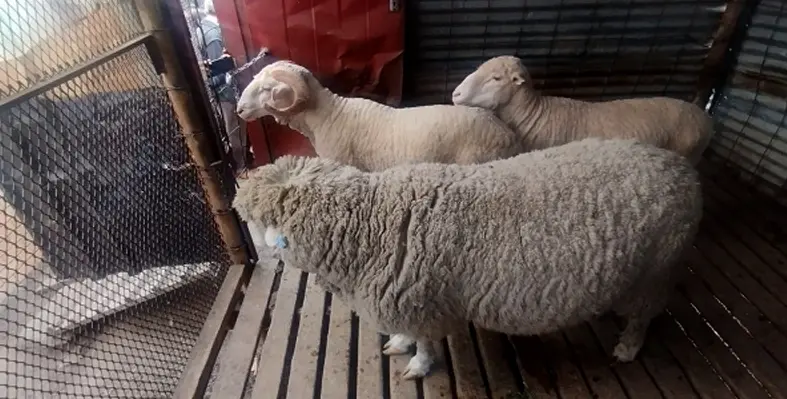In an attempt to control the spread of Foot and Mouth Disease (FMD) in the South African region, the African Union InterAfrican Bureau for Animal Resources (AU-IBAR) in collaboration with stakeholders from various organisations and member states attended a three-day sub-regional training workshop which took place from 30 July to 1 August at the Kingdom of Lesotho in South Africa
Organised by the World Organisation for Animal Health (WOAH) and conducted under the umbrella of the Global Framework for progressive control of Transboundary Animal Diseases (GFTADs), the workshop focused on FMD epidemiology, diagnostics and surveillance for strengthening the control of this virus in the Southern Africa region.
During a presentation, the head of Animal Health Unit at AU IBAR, Dr Hiver Boussini emphasised the role of animal resources as being an important livelihood and commercial asset, particularly to rural communities which consititutes 70% of the African population.
Among the numerous Transboundary Animal Diseases (TADs) and Zoonoses diseases that impact the African continent, Foot and Mouth Disease (FMD) is one of the most widely distributed diseases in the continent, with the Southern Africa region being the most adversely affected.
To combat this issue, a number of mechanisms have been established within the veterinary domain by the AU IBAR. These include the Continental Animal Health Platform of Public and Private Actors (CAHP-AFRICA) which works on providing leadership in the implementation of Animal Health Actions, the African Association of Veterinary Education Establishments (2A2E-V) which spearheads reforms in veterinary education across the African continent and the African Association of Veterinary Statutory Bodies (2VSB) which co-ordinates reforms in veterinary regulation.
The objective of these mechanisms is to strengthen the competencies of veterinary services for the implementation of the Standards Methods and Procedures in Animal Health Approach (SMP-AH) which in the long run will help in the prevention and controlling of Transboundary Animal Diseases in the African Union member states.





